Did you know that the USA generated 45.4 million tonnes of food waste in 2019 alone, according to the Global SDG Database? That’s a staggering number, especially when you consider that much of this waste could be turned into a valuable resource.
You may think composting is just for farmers or avid gardeners, but think again! It’s a habit that not only turns your kitchen waste into garden gold but also fights climate change.
Imagine transforming your food scraps into compost, an eco-friendly, budget-smart, and garden-boosting treasure. Composting takes work, but the benefits of compost outweigh the work that you put in. Your garden and your wallet will thank you.
Did you know that composting is also a great way to reduce your carbon footprint? By using composting instead of throwing away food scraps, you can save yourself money and energy while helping the environment.
Here are many more benefits why you should start composting today.
Environmental Benefits of Compost
1. Reduces Waste
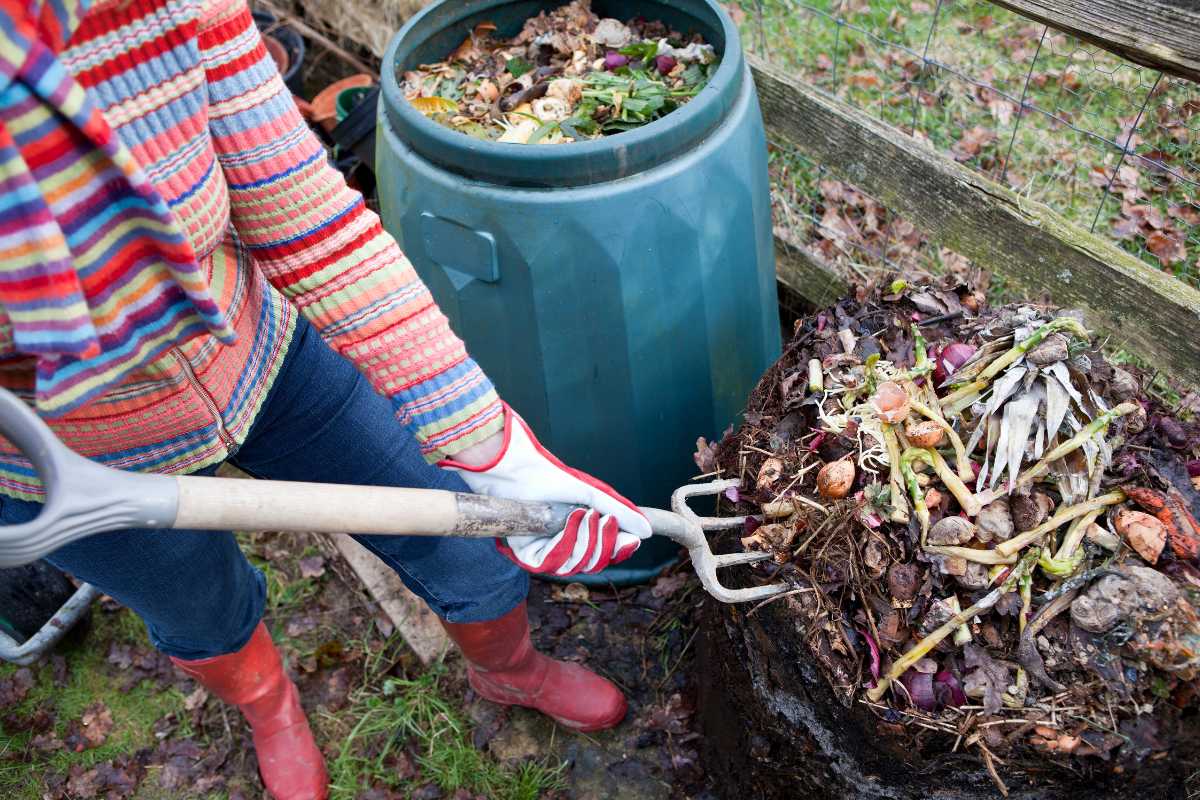
In the U.S. alone, we’re talking about up to 50 million tonnes of waste that includes food and electronics. It’s a staggering number. But here’s the silver lining: you can be part of the solution. Composting lets you take those kitchen scraps and garden leftovers and turn them into black gold for your garden.
By composting, you’re not just reducing landfill waste. You’re creating a sustainable loop where your organic waste nourishes your garden, which in turn provides you with more organic matter. It’s an eco-friendly cycle that starts and ends right in your backyard.
2. Cuts Down on Greenhouse Gases
We’re all aware of climate change, but did you know your compost pile could be your personal hero cape? When organic matter ends up in landfills, it undergoes anaerobic decomposition, releasing methane—a greenhouse gas 28 times more potent than carbon dioxide. But when you compost, you’re giving organic matter the space to break down aerobically, releasing a whole lot less methane.
And get this: composting can slash carbon dioxide emissions by up to 90%. How? As your organic waste decomposes, it sends oxygen back into the atmosphere, purifying the air we breathe. So, the more compost piles we create, the fewer greenhouse gases we send into our shared sky. It’s like being a neighborhood eco-hero, one compost heap at a time.
3. Reduces Pollution
Landfills are more than just unsightly; they’re ticking environmental time bombs. The more trash we dump, the closer we edge to making these sites unmanageable hotspots of pollution. But guess what? Your compost pile can act like a shield against this environmental villainy.
When you divert your kitchen scraps and garden waste into compost, you’re not just reducing landfill waste. You’re also dodging the methane bullet, a potent pollutant that emanates from decomposing trash in landfills.
Moreover, composting is a double win. Not only are you preventing further contamination of land, but you’re also conserving precious natural resources. That’s right—each compost heap you create is like a step toward a cleaner, more sustainable planet.
4. Slash Your Carbon Footprint for Cleaner Air

Let’s talk about your carbon footprint, shall we? If you’re concerned about the air you breathe and the planet you inhabit, composting is your go-to. It dramatically slashes greenhouse gas emissions—by an eye-popping 90%, no less.
You see, composting is like an environmental cleanup crew. When you compost, you’re breaking down organic materials like leaves, grass clippings, and kitchen waste. This process generates far fewer methane emissions compared to the landfill alternative.
Methane isn’t just any greenhouse gas; it’s a heavyweight in the global warming ring. It’s far more potent than carbon dioxide, and it loves to escape from landfills and mess up our air quality. But with composting, you’re essentially putting a leash on this unruly pollutant.
5. How Composting Tackles Stormwater Pollution
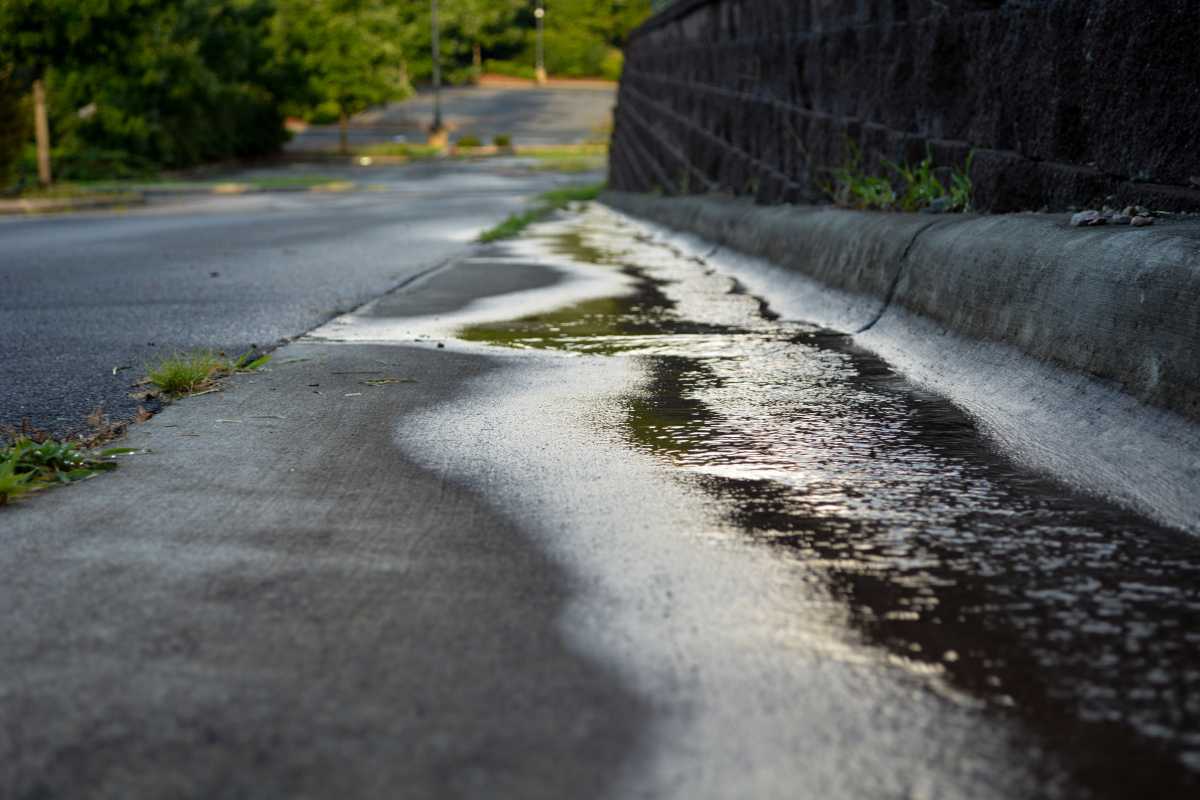
Ever heard of stormwater pollution? It’s the sneaky villain of our local waterways, causing untold damage. But guess what? Composting is the unsung hero in this saga, stepping in to mitigate soil erosion and water runoff.
By composting, you’re not just enriching your garden; you’re also acting as a guardian for your community’s water quality. Stormwater runoff is a major player in water pollution, but compost acts like a sponge, soaking up this water and filtering it naturally through the soil. The result? A healthier local ecosystem that benefits us all.
6. How Composting Saves Water
Water is a precious resource we can’t afford to waste. Composting is your secret weapon in conserving it. Imagine your garden as a sponge, soaking up every last drop of water. That’s what compost does; it enhances your soil’s moisture retention capabilities.
When you integrate compost into your garden, you’re also boosting plant health and growth rates. Less need for constant watering translates to less need for artificial fertilizers.
So, you’re not just saving water; you’re also making your garden more resilient against drought conditions. It’s a win-win for both you and Mother Nature.
Garden and Crop Benefits from Compost
7. Transforming Soil Health Through Composting
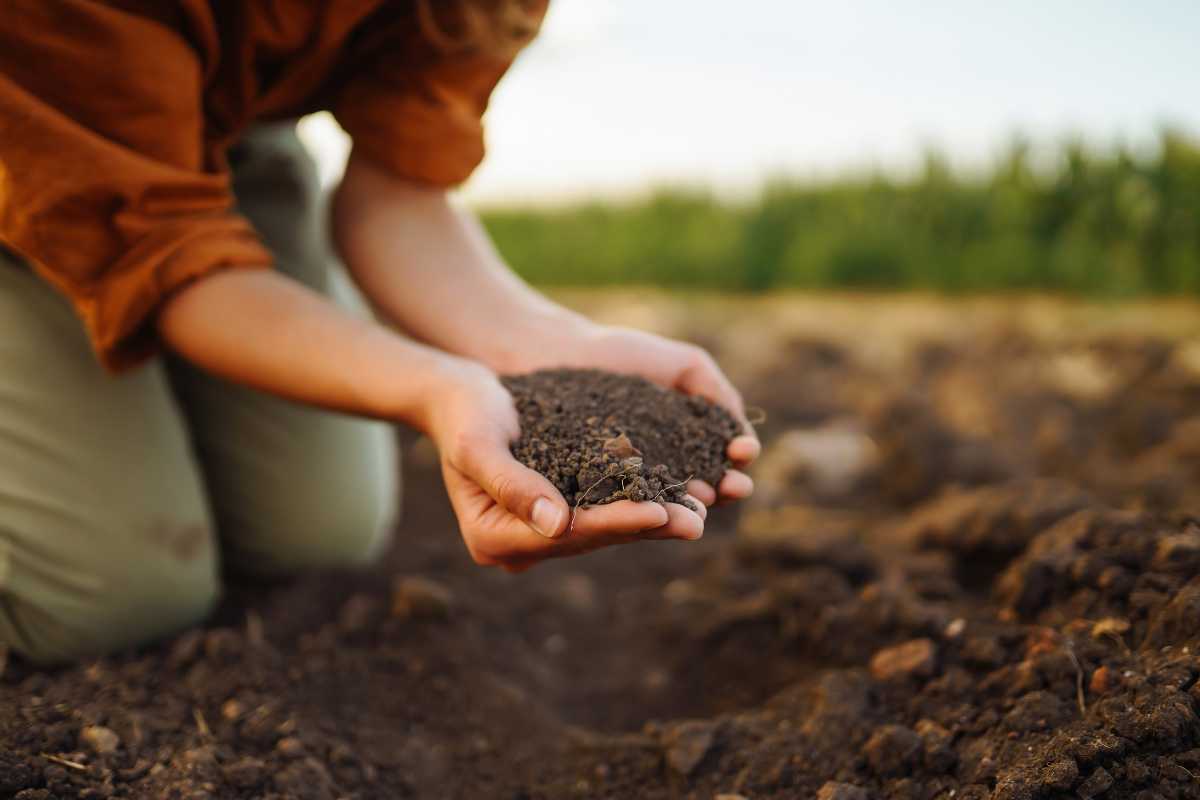
The compost soil benefits are manifold; not only does it increase your garden’s fertility, but it also enriches the earth with essential nutrients.
Imagine your soil on steroids, but the natural kind. That’s what compost does. It’s like injecting your garden with a cocktail of vitality. The organic matter in compost ups your soil’s fertility game, making nutrient absorption a walk in the park for your plants.
But it’s not just about fertility. We’re talking a full health package here. The leaves, grass clippings, and kitchen scraps you compost are teeming with beneficial bacteria and fungi. These micro-heroes promote plant growth like a personal trainer on overdrive.
As if that’s not enough, using compost as mulch or fertilizer supercharges plant growth rates and yields. What’s the bottom line? You’ll need less water and fertilizer. It’s like giving your garden a VIP health insurance plan but without the premiums.
8. Compost Improves Soil Structure
Think of compost like the ultimate soil architect. It’s not just adding rooms; it’s optimizing the entire layout. The organic matter in compost makes your soil porous and airy, almost like it’s been to a spa day for rejuvenation. This isn’t just for show; it helps nutrients dive deep into plant roots like a well-placed pass in a football game.
And let’s talk water management. Ever dealt with waterlogged soil? It’s the nemesis of healthy roots. But compost allows your soil to hold onto just the right amount of moisture—enough to quench your plants’ thirst but not drown them. It’s like your soil suddenly acquires the drainage skills of a top-notch civil engineer.
9. Compost Boosts Crop Yields
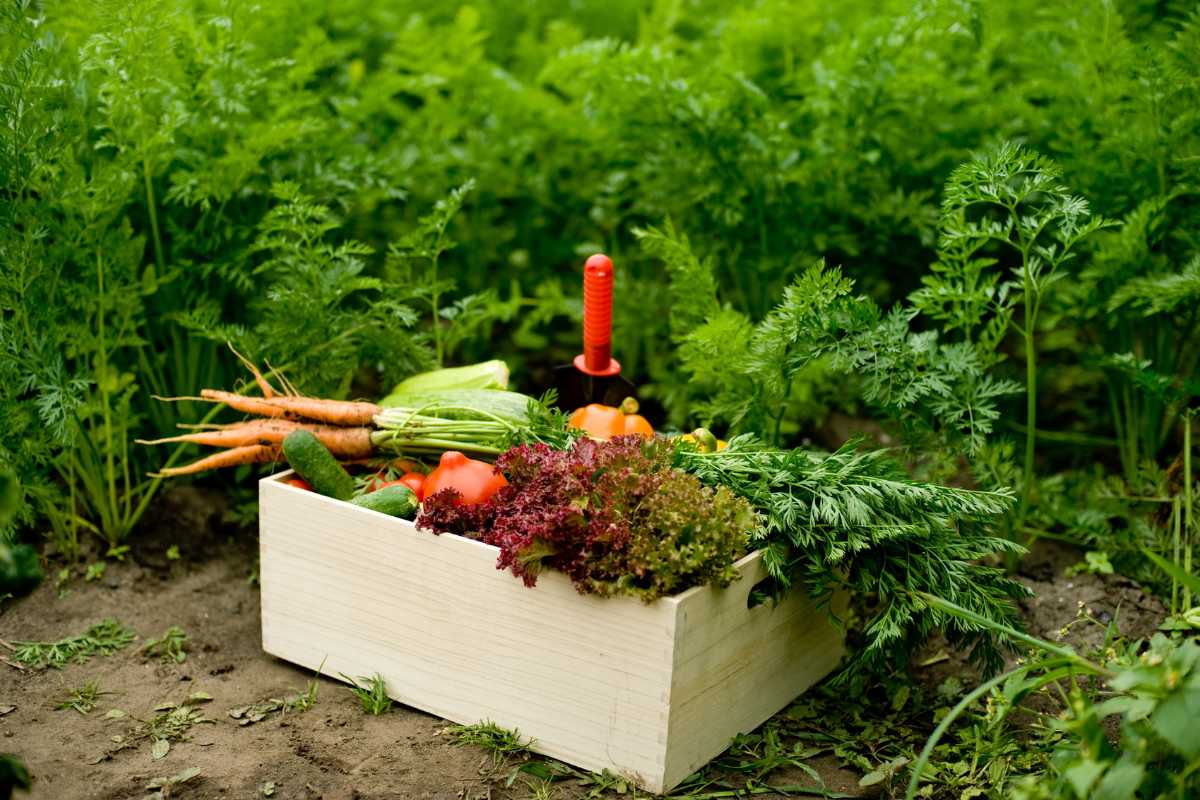
Looking for a bountiful harvest? Compost is your go-to. Unlike chemical fertilizers, which can contain harmful substances, compost offers a rich blend of essential, naturally occurring nutrients. This leads to healthier, faster-growing crops.
Additionally, compost ensures better aeration in the soil, providing the oxygen that plant roots need for optimal growth. The result? A substantial increase in crop yields, without the risks associated with chemical fertilizers.
10. Helps Prevent Soil Erosion
Compost acts as a shield, slowing down the erosion process and maintaining the integrity of your soil.
When you integrate compost into your garden, you’re not just fortifying the topsoil. You’re also enhancing its ability to absorb and retain water, thereby reducing runoff during torrential rains.
Dig a little deeper, and you’ll find that compost also aids in moisture retention in the subsoil, minimizing evaporation.
11. Improves Water Quality
Ever worry about the toxins seeping into our waterways? Compost is the eco-friendly answer to enhancing water quality. Rich in essential nutrients like nitrogen and phosphorus, compost actively reduces harmful algae blooms, leading to cleaner water bodies.
Unlike chemical fertilizers, notorious for contaminating water supplies through soil runoff, compost nutrients are absorbed where they’re most needed—in the soil. This natural, organic approach not only sustains plant growth but also safeguards your local water quality.
12. Makes Your Lawn Greener
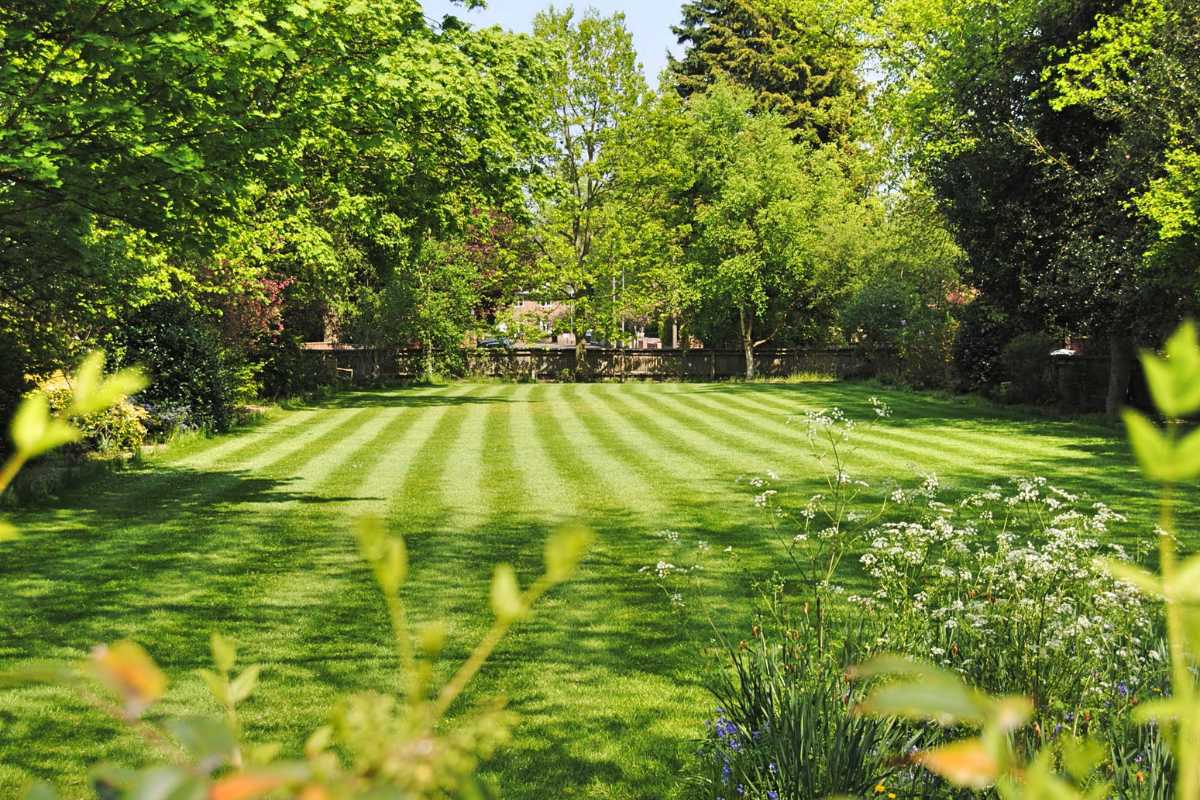
Craving a lawn that’s the envy of the neighborhood? Composting is your secret weapon for achieving vibrant, resilient turf.
Infused with vital nutrients, compost not only elevates your lawn’s fertility but also stimulates root growth for lush greenery. It’s a natural ally against stubborn weeds and invasive plants, fortifying your lawn’s natural defenses.
As an added bonus, compost accelerates the decomposition of grass clippings, making your mowing routine a breeze. For the garden enthusiasts out there, this is an effective, sustainable strategy for optimal lawn care.
13. Elevates Nutritional Quality of Homegrown Produce
Yearning for a garden that’s not just lush but also nutrient-dense? Utilizing compost in your organic gardening practices could be a game-changer. Studies have indicated that organic produce often boasts higher antioxidant levels compared to their non-organic counterparts.
When you enrich your soil with quality compost, you’re not just promoting growth; you’re amplifying the nutritional content of your fruits and vegetables. It’s a win-win for both the planet and your plate.
Economic and Lifestyle Benefits from Compost
14. Compost Helps Save Money

Think composting is all about the environment? Well, it’s also about your wallet. Recycle your kitchen scraps into compost, and you’re doing more than saving landfill space—you’re cutting down disposal costs. Some local programs even offer financial incentives for composting. Talk about getting paid to be eco-friendly!
Composting also makes you hyper-aware of your consumption habits. You’ll think twice before tossing something, evaluating if it’s compostable or not.
Why buy commercial fertilizers when your compost heap provides you with a free, nutrient-rich alternative?
Let’s not forget the reduced water bills, thanks to compost’s water retention properties. Composting is an investment that keeps on giving.
15. Improves Nutrient Cycling
Nutrient cycling isn’t a buzzword; it’s the lifeblood of any healthy garden. Add compost to your soil and you’re essentially adding a backstage pass for nutrients. They circulate freely, becoming available to plants just when needed. It’s a self-sustaining cycle that makes your garden a hotspot for nutrient activity.
But the magic doesn’t stop there. Compost is more than decayed organic matter; it’s a feast for soil microorganisms. These tiny critters break down complex organic compounds, making your soil a bustling micro-ecosystem.
Compost is the maestro conducting a microscopic symphony that plays the tune of soil health.
Other Compost Benefits
16. Prevents Pests and Disease
Think of compost as your garden’s personal bodyguard. A sprinkle around your trees and shrubs isn’t just nourishment; it’s a line of defense. The beneficial microorganisms in compost are like a neighborhood watch for your plants, discouraging would-be pests and disease agents from setting up shop.
And unlike chemical pesticides, there’s no toxic collateral damage. You’re left with a garden that’s not only lush but also a sanctuary for beneficial insects and pollinators. With compost, you’re not just growing plants; you’re cultivating a resilient, balanced ecosystem.
Related article: Prevent fruit flies in compost.
17. Increases Nutrient Availability and Maximizes Nutrient Uptake
You might not see it, but there’s a nutrient buffet right beneath your plants, and compost is the key to unlock it. Organic materials like leaves, grass clippings, and manure are nutrient powerhouses, packed with essential elements like nitrogen, phosphorus, and potassium.
The brilliance of compost lies in its balanced composition. Different brown and green ingredients mingle to create a cocktail of carbon and nitrogen, serving up nutrients in a form that plants can easily absorb.
With compost, you’re not just enriching the soil; you’re fine-tuning the menu, ensuring your plants get a well-rounded meal for optimal health.
Final Thoughts: The Domino Effect of Composting
The benefit of compost extends beyond your backyard; it’s a small yet mighty tool for ecological change.
Think of composting as the first domino in a long chain of positive impacts. When that domino tips, what follows is a cascade of benefits that touch everything from your family’s health to the well-being of your pets and, ultimately, the vibrancy of your garden. It doesn’t stop there.
Each shovelful of compost you mix is a step towards a more sustainable planet. So go ahead, tip that first domino. The ripple effect might just surprise you.
By doing so, you can reap the numerous compost garden benefits, improving the health of your family, pets, and of course, your flourishing garden, all while contributing to a cleaner planet.
If you want to learn more about composting or find out where to start, check out these resources:
- How to Make Compost in Garbage Bags
- What is Mushroom Compost?
- What to Know About Unfinished Compost
- Compost for Houseplants
Sources:
- https://unstats.un.org/sdgs/dataportal
- https://www.agric.wa.gov.au/climate-change/composting-avoid-methane-production

